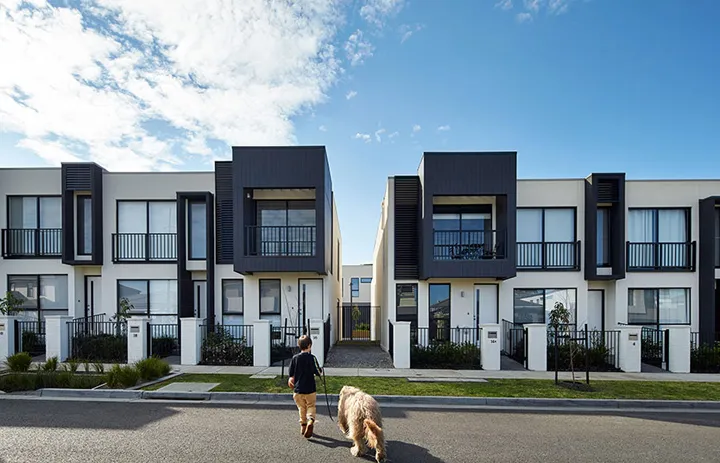
Mar 2, 2024
In an era where housing affordability has become a critical issue facing many Australians, the recent reforms introduced by the New South Wales government represent a watershed moment in our collective effort to address this challenge. As a Director of property development company the Douna Group, my commitment to developing high-quality, affordable housing aligns closely with the government’s initiatives. These reforms, which aim to streamline the development process and increase the supply of affordable housing, are not just policy changes; they are a call to action for developers, communities, and government entities to collaboratively reshape the housing landscape in NSW.
I am wholeheartedly in support of the recent housing reforms introduced by the NSW Government. These reforms represent a significant step forward in addressing the housing affordability crisis and ensuring sustainable urban development in New South Wales. My endorsement stems from the strategic alignment of these reforms with our company’s mission to develop high-quality, affordable housing that meets the needs of our communities.
The NSW Government, through a series of announcements and legislative reforms, has laid out a comprehensive plan to tackle the housing affordability crisis head-on. The introduction of a new State Environmental Planning Policy (SEPP), which facilitates the construction of more affordable housing, is a game-changer (source). This policy, effective from December 14, 2023, introduces bonuses in Floor Space Ratio (FSR) and height for developments that include a minimum of 15% of their gross floor area as affordable housing. It also simplifies the process for state-owned housing agencies to build affordable housing by removing the need for council approvals, thereby expediting the development process.
One of the key aspects of the reforms that resonates with us at Douna Group is the government’s approach to incentivizing the private sector to contribute to the affordable housing supply. The reforms include scalable bonuses based on the amount of affordable housing provided, adjustments to the policy to encourage mixed-use developments, and lowering the threshold for a project to be considered a State Significant Development (SSD) in regional areas (source). These measures not only provide clarity and certainty for developers but also ensure that affordable housing is integrated into diverse and vibrant communities.
The Minns Labor Government’s emphasis on social and affordable housing is commendable. By expanding the State Significant Development (SSD) approval pathway for projects that significantly contribute to the affordable housing stock, the government is leveraging its resources to address the housing shortfall (source). This is a clear indication of the government’s commitment to not just increasing housing supply, but doing so in a manner that prioritizes affordability and accessibility for those who need it most.
The notion of shared responsibility is central to the government’s housing strategy. The collaborative approach, involving all levels of government, industry, and community stakeholders, ensures that the solutions to the housing crisis are comprehensive and inclusive (source). The focus on well-located homes, close to transport, jobs, and existing infrastructure, aligns with our vision at Douna Group for sustainable urban development. The government’s investment in community infrastructure within these developments further supports the creation of cohesive communities.
The recent housing reforms introduced by the NSW Government are a significant step in the right direction. As a property developer, the Douna Group is excited about the opportunities these reforms present for creating more affordable, sustainable, and vibrant communities. By working together with the government and other stakeholders, we can make a meaningful impact on the housing affordability crisis and contribute to the well-being of NSW residents. The commitment to ongoing consultation and adaptation of the reforms ensures that they will continue to meet the evolving needs of our communities, making them a pivotal element of our state’s housing strategy.